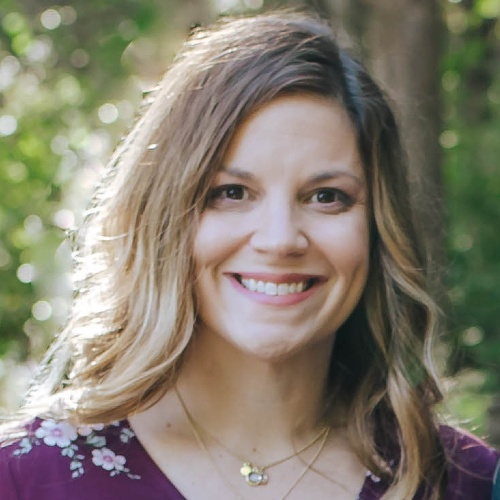Want to encourage allyship? Show appreciation for it, research shows
- February 26, 2024
- By Sara Savat
- 2 minute read

Allyship—the practice of relatively advantaged group members acting with the intention to support, advocate and improve circumstances for relatively disadvantaged groups—is critical to promoting more inclusive and equitable organizations.
Not only are advantaged group members typically received more favorably within an organization than disadvantaged group members would be when they speak out against injustice, their allyship can improve disadvantaged group members’ psychological experience in the organization. For instance, men are more likely to believe other men, compared to women, when they confront sexism. And Black Americans report higher levels of self-esteem when white people confront prejudice.
Despite growing awareness of the benefits of allyship, though, even people who recognize injustices are often hesitant to engage in allyship.
New research from Washington University in St. Louis, forthcoming in the March 2024 edition of Organizational Behavior and Human Decision Processes, finds that one reason why more people in advantaged groups—particularly men and white people—do not engage in acts of allyship is because they underestimate how their actions will be appreciated by members of disadvantaged groups.
Their research also shows that the more people think their allyship will be appreciated, the more likely they are to engage in these behaviors in the workplace. In one study, participants significantly increased their intention to engage in allyship after learning how much it was appreciated.
Collectively, these findings offer a new approach for leaders to encourage allyship behaviors in workplaces, education and beyond, according to Hannah Birnbaum, an assistant professor of organizational behavior at Olin Business School and a study co-author.
Media inquiries
For assistance with media inquiries and to find faculty experts, please contact Washington University Marketing & Communications.
Monday–Friday, 8:30 to 5 p.m.
Sara Savat
Senior News Director, Business and Social Sciences
